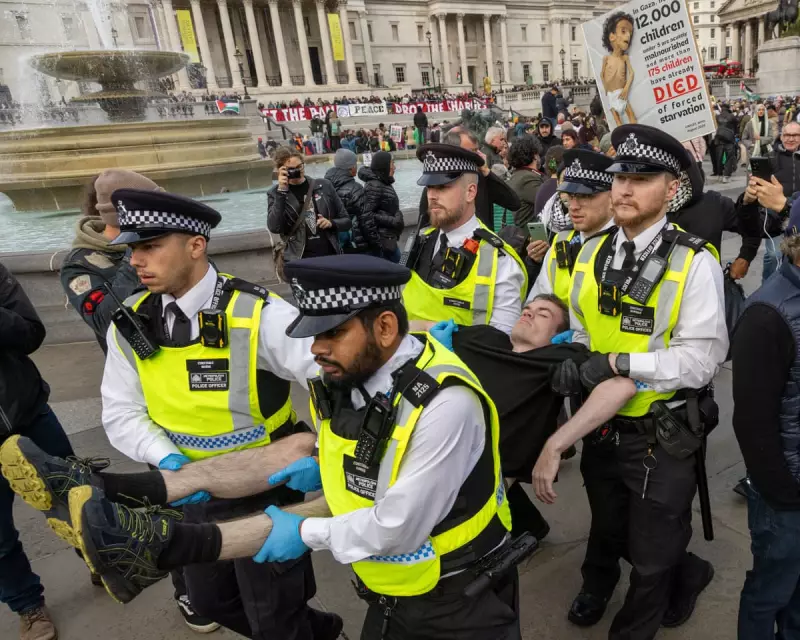
The Labour government under Keir Starmer is facing intense scrutiny over its stance on protest rights, with critics accusing the administration of continuing a worrying trend of eroding civil liberties in Britain.
A worrying pattern emerges
Despite promises of change from the previous Conservative government's approach, Starmer's administration appears to be maintaining restrictive policies that limit the public's ability to demonstrate. Legal experts and human rights advocates are sounding the alarm about what they describe as a systematic dismantling of protest rights.
The legal landscape tightens
Recent government actions and legislative measures have created what civil liberty groups call a "hostile environment" for protesters. The threshold for what constitutes acceptable protest has been raised significantly, making it increasingly difficult for citizens to voice dissent without facing severe legal consequences.
Police powers under scrutiny
Law enforcement agencies have been granted broader discretion to prevent protests before they even begin, using powers that critics argue are disproportionately applied to environmental activists and those demonstrating against government policies.
Historical context matters
This isn't merely a continuation of Tory policies—it represents something more profound. The Labour government, traditionally seen as a defender of civil liberties, is now implementing measures that would have been unthinkable under previous Labour administrations.
The silence is deafening
What's particularly concerning to observers is the lack of strong opposition within Parliament to these developments. With the Conservatives having initiated many of these restrictive measures and Labour now embracing them, there appears to be little political will to protect this fundamental democratic right.
A dangerous precedent
The erosion of protest rights sets a dangerous precedent for British democracy. When citizens cannot assemble and voice dissent without fear of severe legal repercussions, the very foundations of democratic society are undermined.
As one legal expert noted, the right to protest isn't merely about inconvenience—it's about maintaining the government's accountability to the people it serves. The current trajectory suggests this accountability is being systematically weakened.





